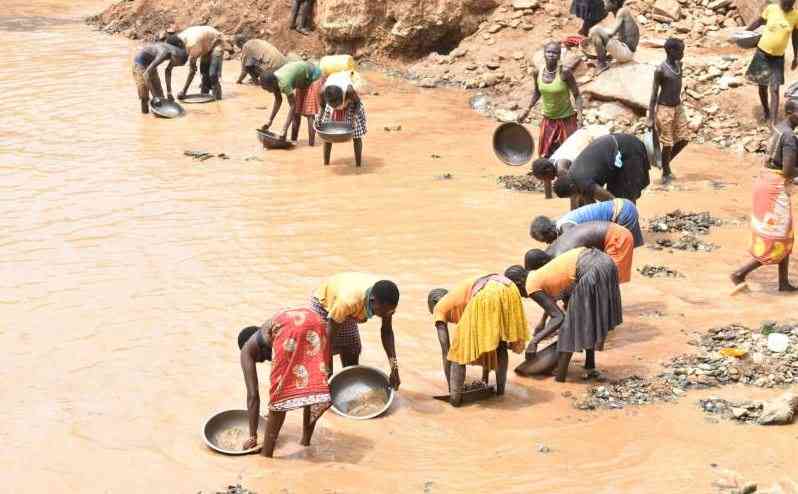
Gold mining operations along the border of West Pokot and Turkana Counties have been indefinitely suspended following the deaths of 12 individuals over the past three months.
Residents had also expressed concerns about pollution in the Turkwel River.
West Pokot County Commissioner Khalif Abdullahi declared these mining activities illegal on Monday, stating that investors in the area were operating without the necessary licenses.
His directive came just hours after a tragic incident in which one person was buried alive after a gold mining pit collapsed at Kambi Karaya along the shared border on Sunday.
Abdullahi confirmed that Mining Cabinet Secretary Ali Hassan Joho had not issued any licenses for gold mining in the area.
He noted that more than 500 illegal mines were operating in the region and ordered their immediate closure in light of the recent fatalities.
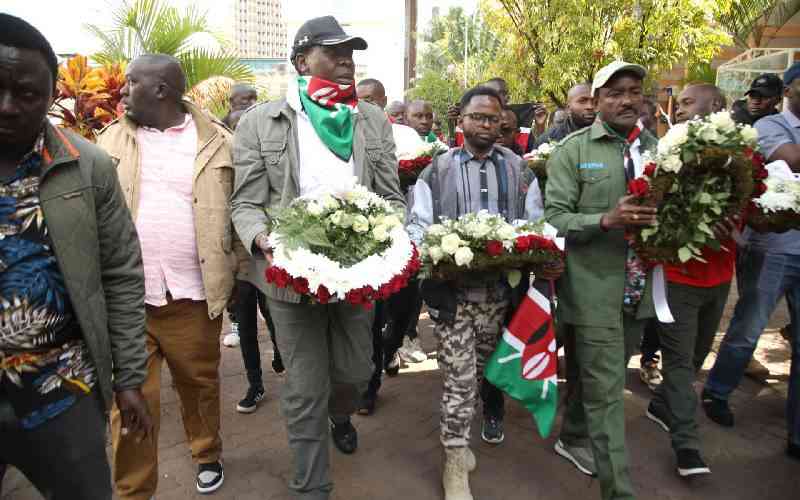
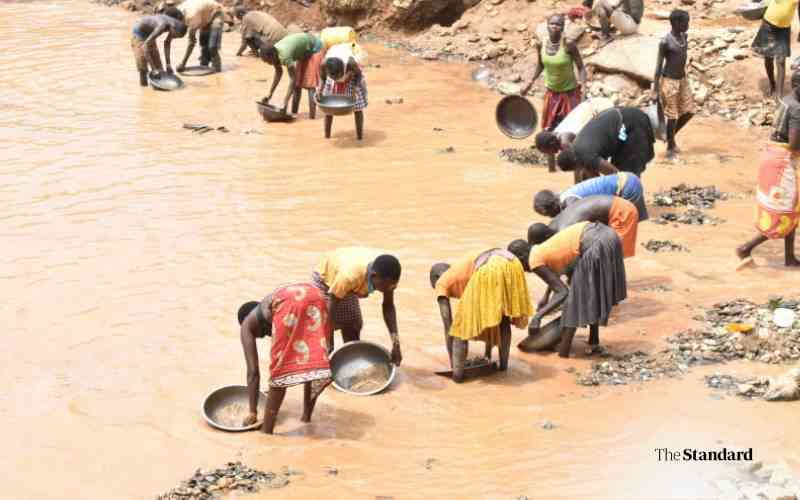
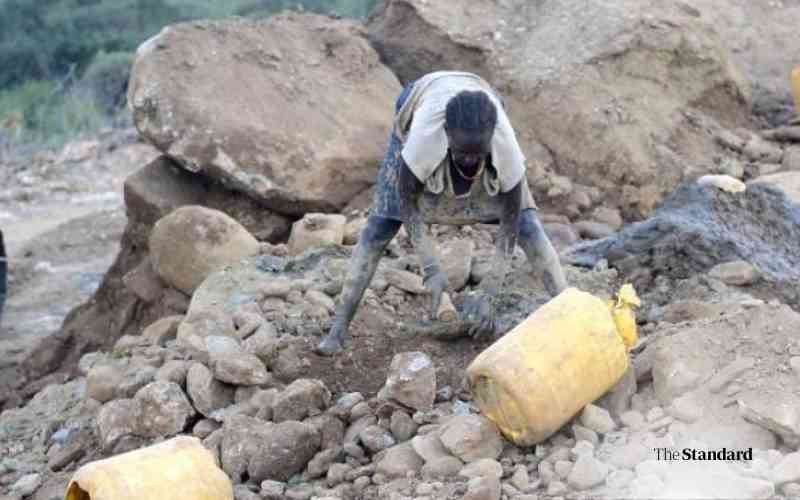
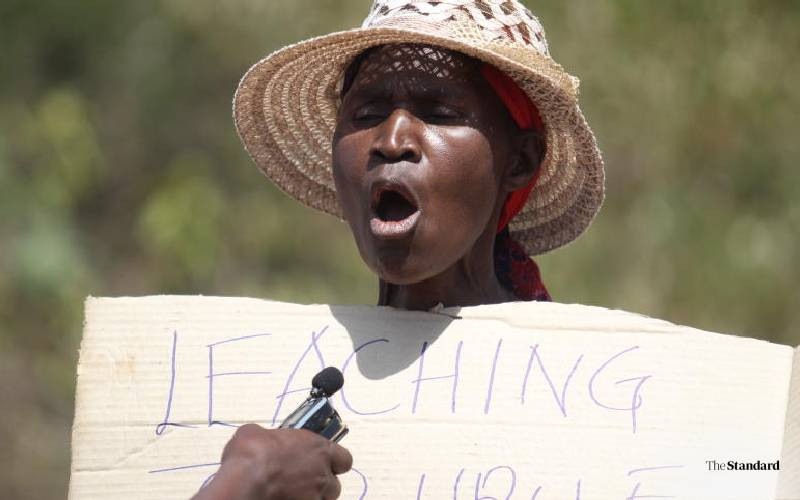
The recent collapse of a mining pit along the Turkwel River raised the death toll of artisanal miners in the area to 12.
Four miners died in Karon village on June 7, and seven others had previously lost their lives three months earlier due to another mining site collapse.
“This is illegal mining. The only person authorized to issue licenses is CS for Mining Hassan Joho,” Abdullahi stated.
“He has indicated that no licenses have been issued to any investors in the area, so we have halted all mining activities.”
Abdullahi described the incident on Sunday as an accident and confirmed that all mining operations had been stopped.
“Recently, we lost four people. Three months ago, we lost seven more after another site collapsed,” he added.
Just a day before the collapse at Kambi Karaya, locals from Lami Nyeusi along the Turkwel River expressed their concerns about polluted water, damaged grazing fields, and threats to their safety.
However, mining investors dismissed these claims, insisting they were adhering to best practices and possessed the necessary licenses.
According to Mohammad Hussein, the secretary of miners in the area, the investors denied the complaints, stating they were paying royalties and had all required permits.
Stay informed. Subscribe to our newsletter
“We use clean water to process gold. We also carry out backfilling on mining sites and have not degraded the environment in any way. If we were operating illegally, we would have been arrested and charged,” he explained.
Friends of Lake Turkana, an organization dedicated to protecting the lake’s ecosystem, demanded an immediate halt to all mining activities along the border, citing the absence of Environmental and Social Impact Assessment (ESIA) reports.
The organization’s director, Ikal Ang’elei, warned that the use of cyanide poses a significant threat to the Turkwel River and the Lake Turkana ecosystem.
“We are in the process of collecting water samples from the Turkwel River and Lake Turkana for testing.
In March this year, we spoke to the Director of Environment of Turkana County and the NEMA officer in West Pokot, but we did not receive clarity on the ESIA,” the director stated.
Local residents called for immediate intervention from government agencies, including the Ministry of Mining and the National Environmental Management Authority (NEMA).
Kevin Amoit, a concerned resident, claimed that the government had remained silent while miners extracted gold from the river, resulting in tragic collapses and water pollution.
Amoit expressed his dissatisfaction with the apparent lack of oversight regarding ongoing mining activities.